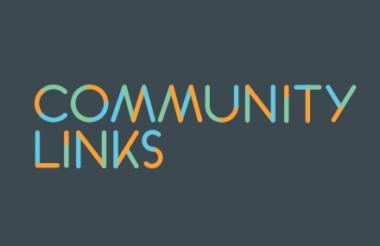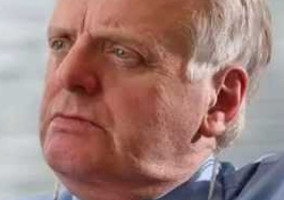Social action charity Community Links has announced a new brand and strategy after being becoming part of welfare charity Catch 22 in February.
A Community Links spokeswoman said the new strategy is more of a “statement of intent” as it aims to develop the focus of its work over the next few year with the local community where it is based.
As part of the aim to work more closely with the community, the charity is refurbishing its head offices at 105 Barking Road, Newham, East London into a space that will be designed and used together with local residents.
The strategy, Ready for Everything Communities, sets the aim of working “across skills and employment, health, and advice” to reach at least 15,000 people.
Its plans for campaigning aim to build on its Early Action Task Force work, using evidence based research into issues such as mental health, housing and welfare.
The new brand was developed by Community Links with the help of design agency The Bureau, which was paid a small amount.
Arvinda Gohil, chief executive of Community Links, said: “We want our community to be defined by what it dreams of, not what holds it back.
“A community that is supported by an effective network of voluntary, private and public sector partners that recognise they are a fundamental part of the picture. Based in Canning Town, we are hoping this ‘Ready for Everything’ approach can be replicated and expanded elsewhere.”
Community Links also published yesterday a book called Generating Change, sponsored by the Calouste Gulbenkian Foundation, which celebrates the charity’s most influential work in its 40-year history.
Takeover
Catch 22 acquired Community Links in February, since when it has offered it back office and group services support.
While Community Links has retained its own charity number, branding and office, Catch 22 chief executive Chris Wright now sits on its board of trustees.
Writing for Civil Society News in April, Chris Wright said: “At a time of challenge and opportunity for the sector, Catch22 and Community Links are trying to reimagine how partnerships could and should work.
“Local charities should be enabled to keep their identity and autonomy but to operate at scale through this kind of relationship, for the greater social good.”
Related articles











